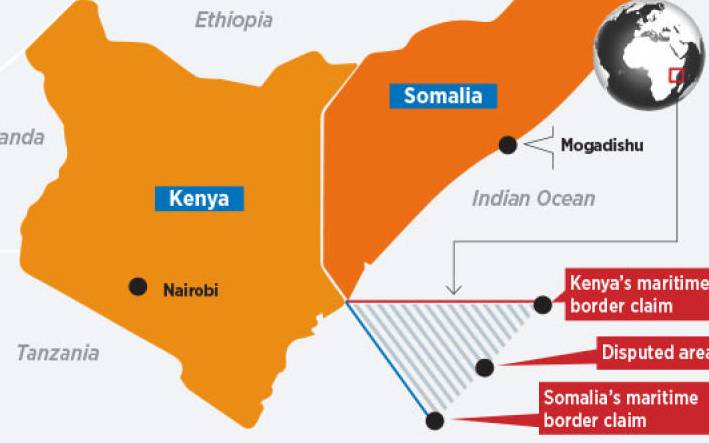×
The Standard e-Paper
Smart Minds Choose Us

Leaked document reveal Horn of Africa nation has floated for auction 15 oil blocks, some of which are in Kenya’s territory. [File, Standard]
Fresh details are emerging that Somalia floated for auction minerals within Kenya’s territorial waters alongside four contested oil blocks.